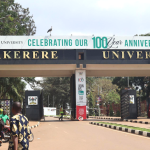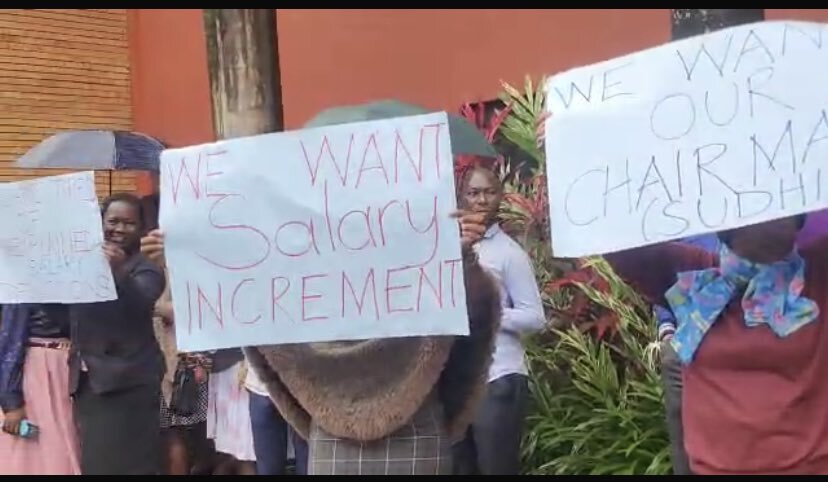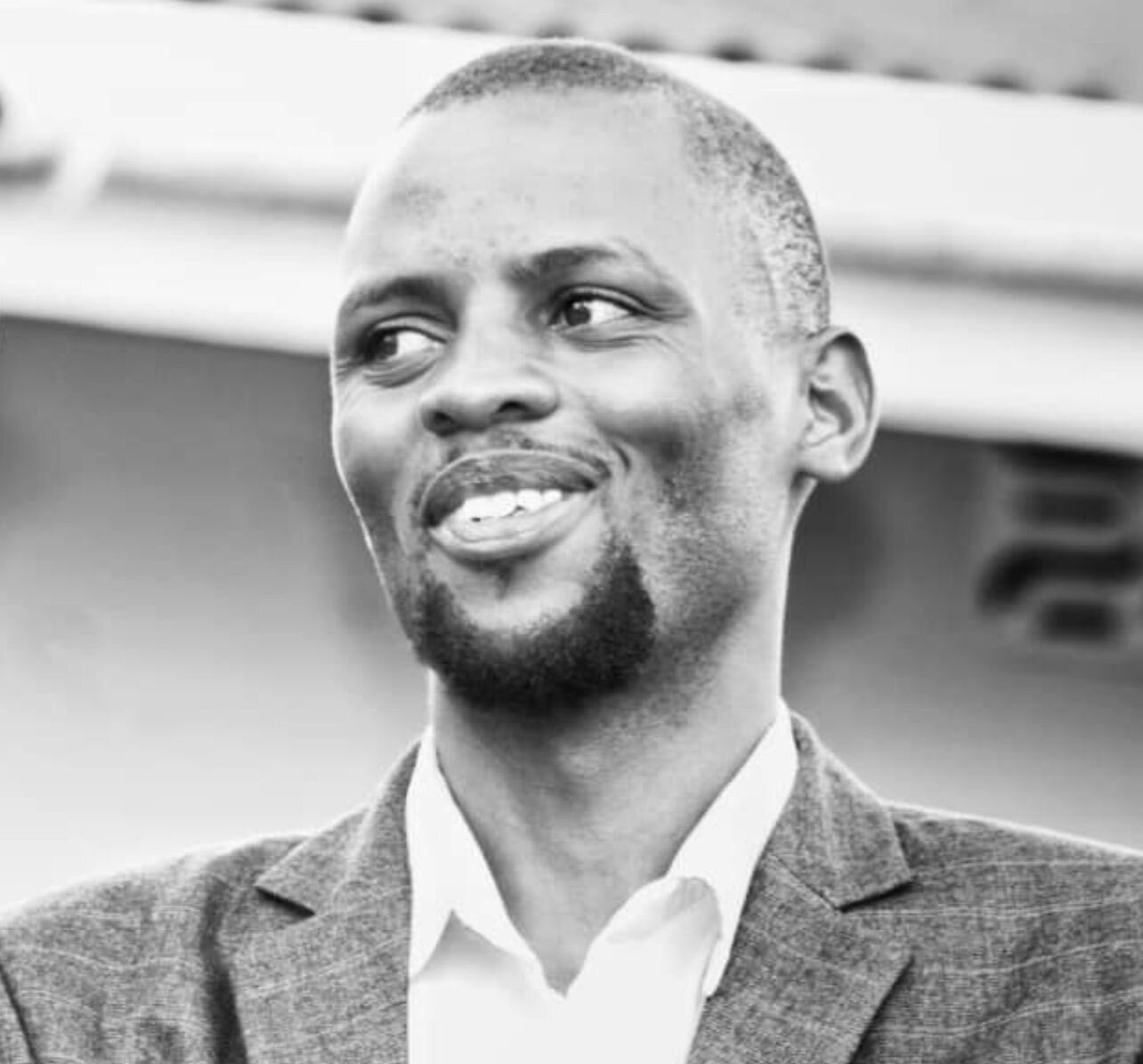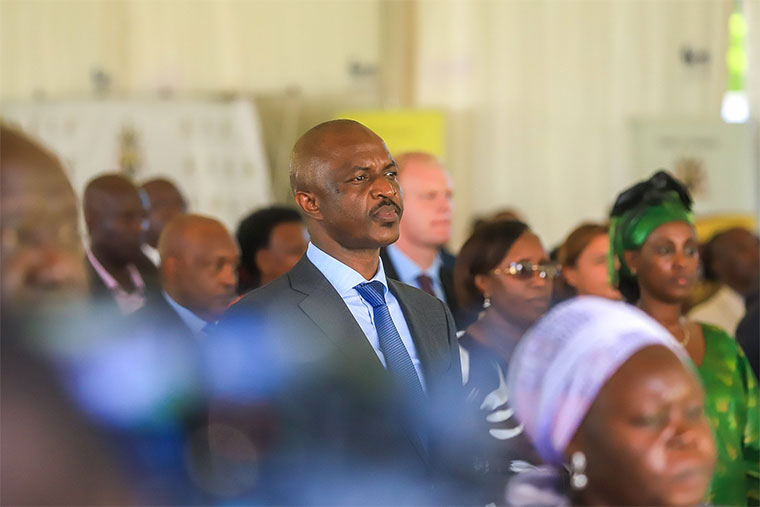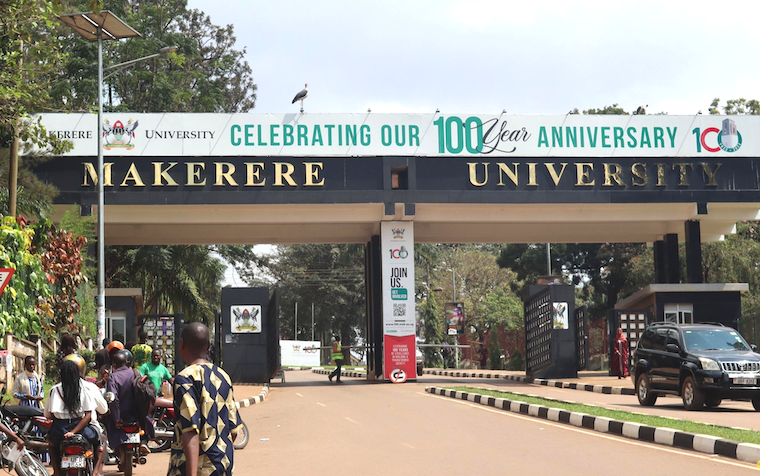Journalists from Uganda’s leading media houses have been equipped with skills and knowledge that will make them report accurately on climate change.
During a training organised by Bbeg Media and supported by the Africa Institute for Energy Governance (AFIEGO), media trainers told journalists why they need to focus more on and highlight the effects of climate change
Gerald Tenywa, a seasoned Environment Reporter and one of the facilitators at the training, highlighted the importance of defining key terms in environmental journalism, particularly when reporting on topics like wetlands.
He emphasized the role of journalists in educating the public about environmental issues.
“I encourage reporters to continue simplifying their stories to ensure that vital messages about sustainability and environmental protection resonate with the broader community,” he said.
He said as they set out to cover climate change, the media professionals should generate relevant questions and engage in meaningful dialogue.
He said his journey as an environment reporter was fulfilling but also challenging.
“There is a hotel where the owner instructed that I should not be permitted to enter because I did a story about how he was reclaiming part of the lake to expand his establishment,” Tenywa said.
Aminah Acola, a legal associate from AFIEGO stressed the interconnectedness of climate change with various aspects of life, including the environment, education, and living standards.
She emphasised the importance of climate change mitigation efforts to prevent a cycle of negative impacts.
Acola highlighted the efforts made to halt financial flows into eco-projects by targeting financial organizations and encouraging them to withdraw funding. She said this approach is intended to reduce the viability of projects that pose environmental threats.
“At AFIEGO we have conducted awareness campaigns to inform the public about the risks linked to some of these destructive projects and it has sparked debate in regions where the projects were previously supported,” Acola said
She pointed out that these developments like EACOP have led to massive displacement of people and led to substantial social and ecological consequences.
She said one of the main objectives of their advocacy is to push back against the EACOP to prevent these impacts.
Acola raised concerns regarding the environmental impact of oil extraction and transportation associated with the project. She stated that the emissions generated by the oil project could exceed the carbon emissions currently produced by both Tanzania and Uganda combined, calling this statistic alarming.
Christopher Bendana whose presentation laid the foundation for the training told journalists that they need to understand the key concepts used in climate change before they can write meaningful and impactful stories about the phenomena.
He said global climate disasters like hurricanes, cyclones, and flooding in regions such as Florida, Mozambique, and Kenya are evidence of the growing crisis.
Bendana stressed how climate change affects agriculture, particularly food security and exports like maize.
He also discussed the importance of adaptation techniques, such as improved seeds and water storage facilities, which are underutilized in Uganda.
But he noted that not all droughts and floods are caused by climate change, as historical climate variability has existed long before industrial emissions.
He cautioned against attributing every natural disaster to climate change without proper analysis.
Bendana encouraged accurate and informed climate reporting, understanding both adaptation and mitigation strategies, and addressing Uganda’s specific challenges.
Edris Kiggundu, the chief executive officer of Bbeg Media, the organizer of the training, said climate change is one of the most underreported phenomena especially in Uganda.
He thanked AFIEGO for supporting the training and pledged there would be more trainings related to various aspects of climate change.
Rachael Amongin, a communications assistant at AFIEGO thanked the journalists for their dedication to climate reporting, highlighting the importance of climate as a critical development issue.
She noted that AFIEGO works to promote sustainable and environmentally friendly energy policies while protecting human rights.
She said the organisation has been actively engaged in these efforts for over a decade.
